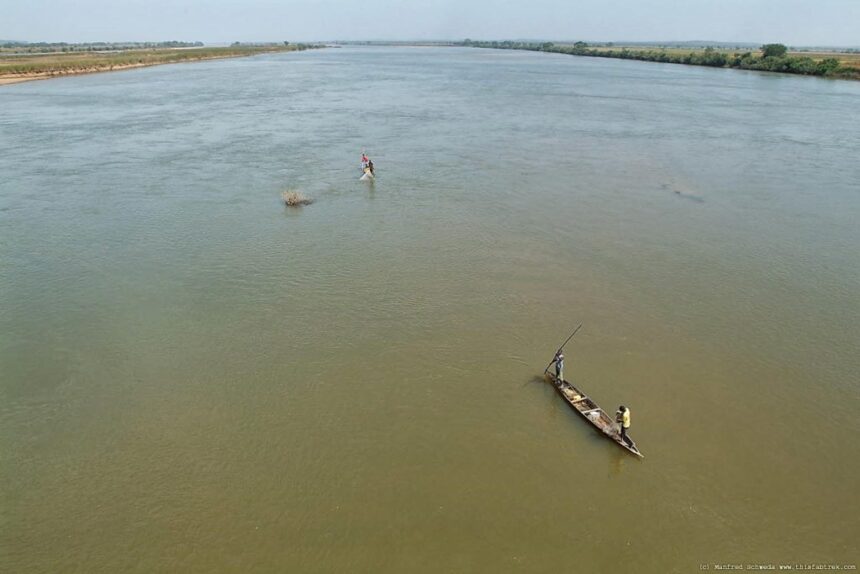Olusegun Ariyo
Contents
An environmentalist with the Lower Niger River Basin Authority (LNRBA), Dr Olabisi Awoniyi, has warned that Nigerian rivers continue to face serious pollution challenges.In an interview with journalists on Friday, October 31, 2025, in Ilorin, Kwara State, Awoniyi described rivers as synonymous with life, noting that they remained vital sources of sustenance for humans, animals, and plants.He observed that Nigerian rivers suffered from significant pollution, mainly caused by industrial waste, poor sewage management, and agricultural runoff, among other factors.Awoniyi, who is an instructor and environmental scientist at the LNRBA, said rivers provide water, food, transportation, and energy, and in some areas have become cultural symbols – such as in the Argungu Fishing Festival.“Through the rivers, we have our drinking water, it supports agriculture through irrigation, and fisheries,” he said.According to him, rivers provide transport, generate energy through hydropower and support biodiversity; aquatic plants and animals.He, however, lamented that there were many challenges facing our rivers and that all livelihoods that revolved around them were under serious threats, saying this was detrimental to the existence of man.He described pollution as the introduction of harmful or contaminating substances, or even excess natural materials, into the environment at a rate faster than it could disperse, dilute, or decompose.According to Awoniyi, the result is a negative effect on ecosystems and human health.“So when harmful substances such as industrial waste, human waste in the form of sewage, chemicals and plastics are introduced into our rivers, they become polluted and the effects are better imagined,” he said.The environmental scientist explained that the Asa River in Ilorin serves as a confluence where other rivers and streams emptied their waters, adding that Asa is a tributary of the River Niger.“Research findings have shown bacteriological contamination, high fecal coliform counts, and elevated physicochemical parameters downstream of urban and industrial discharges recorded in the river,” he said.He noted that a healthy community thrived when its rivers were protected and appealed to residents to stop dumping refuse in gutters and channelling sewage into rivers.“Whatever you do to the rivers has a way of coming back to you. Let us organise community clean-ups to remove plastics and waste from the rivers.“Plant trees along riverbanks to reduce erosion and organise community education and advocacy programmes to raise awareness in rural and urban areas on the need to protect our rivers,” he advised.







